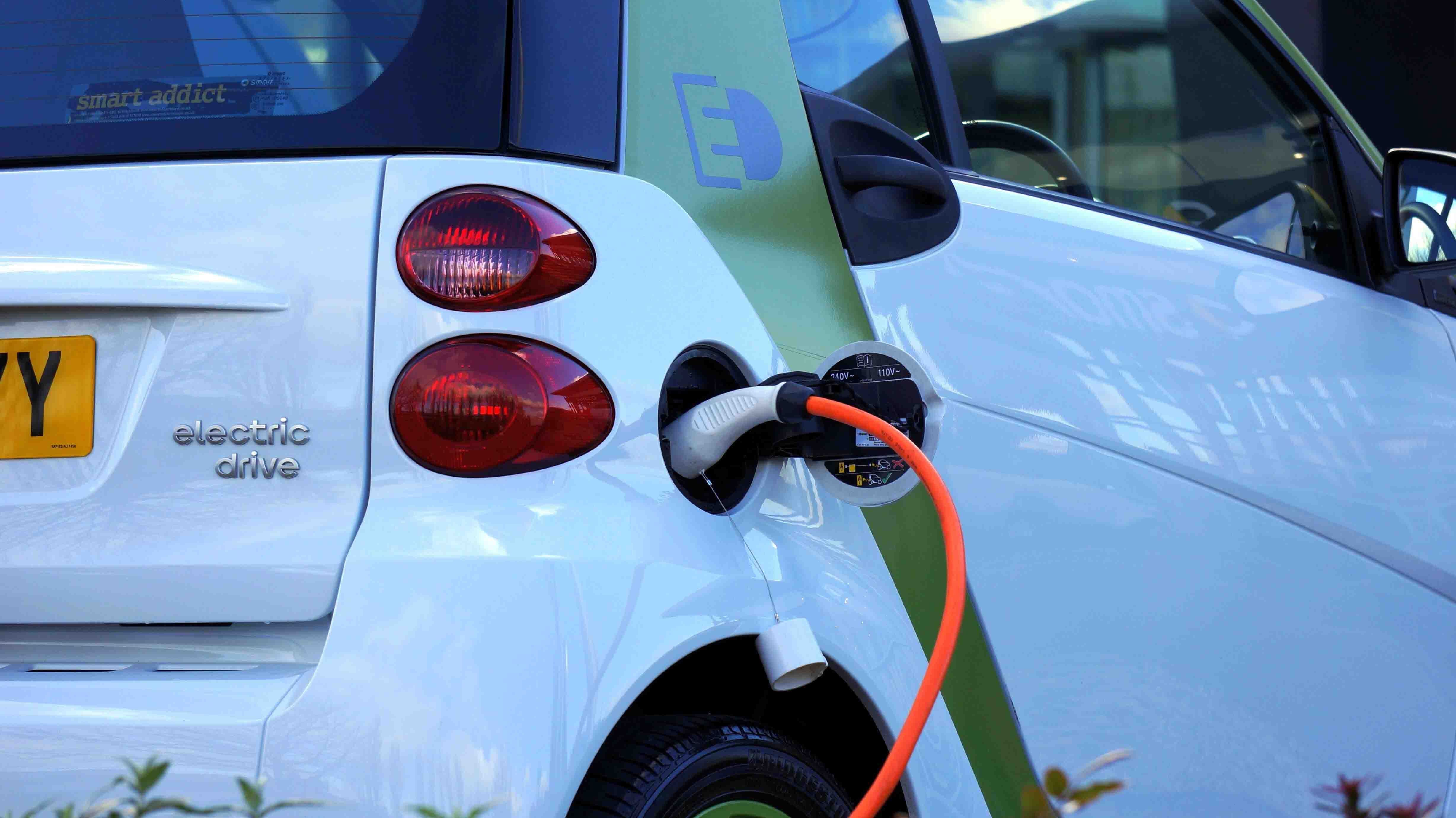Beijing (Gasgoo)- On November 6, Chinese electric vehicle maker XPENG held its XPENG AI DAY, unveiling an extensive range of innovations, including the Kunpeng power system, AI-powered intelligent driving, XPENG's Turing AI chip, and its flying car and robotics technology. This event highlighted XPENG's commitment to becoming a global AI-driven automaker over the next decade, with a strong emphasis on expanding internationally.
As of the first three quarters of 2024, XPENG has achieved significant milestones in the European market. XPENG has now expanded into 30 countries worldwide with 145 overseas service centers and plans to reach 60 countries and regions by next year, marking a significant step in its global expansion journey.
Kunpeng Super Electric Power System
At the event, XPENG introduced its Kunpeng super electric power system, a next-generation platform based on its years of expertise in battery, motor, and electronic control technologies.
The system includes a revolutionary 5C AI supercharging battery, capable of adding 1 km of range per second of charging, reaching 80% of its capacity in just 12 minutes. Each battery comes with an AI battery management chip, extending battery life by 30% for greater safety and durability. XPENG also unveiled a next-gen silicon carbide electric drive, achieving 93.5% CLTC efficiency, while reducing its size by two-thirds for more space in the cockpit.
The Kunpeng system enables seamless transitions between pure electric and extended range modes. For smoother roads, the system favors electric power to conserve energy, while on challenging terrains, the engine steps in to ensure consistent power.
The Kunpeng system provides a battery-only range of 430 km and an overall range of over 1,400 km. With industry-leading charging speed and range capabilities, it stands ready for global deployment.
Expansion of Charging Infrastructure
XPENG has built 1,641 self-owned charging stations across China so far, including 1,307 supercharging stations, and plans to expand its S5 supercharging stations across China and globally by 2025. The S5 stations feature individual charging piles capable of up to 540kW, equating to "more than 1 km of charge per second."
Turing AI Chip Advancements
XPENG CEO He Xiaopeng also highlighted progress on the Turing AI chip. In October, the chip successfully completed validation of the company’s latest intelligent driving features, with 2,791 functions verified in just 40 days.
Designed for L4 autonomous driving, the Turing AI chip is the first of its kind capable of powering AI cars, robots, and flying cars. It features two custom neural processing units (NPUs), dual independent image processors (ISPs), and a neural network-specific architecture (DSA). With 40 processing cores, the chip supports large models of up to 30 billion parameters, while an independent safety module provides full vehicle safety monitoring for L4 autonomous driving.
Tianji AIOS for Intelligent Cabin Interactivity
At the event, XPENG officially unveiled the Tianji AIOS, its intelligent operating system, which redefines vehicle cabin interactions.
Unlike traditional single-chip cabin systems, Tianji AIOS operates on dual Turing AI chips, boosting AI and CPU processing by 20 times. Designed for future AI large models like GPT-4o-level language models, Tianji AIOS enables more natural, intuitive human-vehicle interactions.
The system continuously learns and adapts to user habits and can detect voice, behavior, and surroundings to deliver personalized services. Tianji AIOS will support real-time, multilingual conversations for global users, enhancing the intelligent cabin experience.
Tianji AIOS also boasts upgraded hardware experiences, from audio and powertrain systems to battery and chassis. With AI, XPENG’s sound system customizes frequency curves for each track, enhancing audio quality.
XPENG also provided updates on its flying car and Iron robot projects, with plans to achieve one-click flight operation by 2026. Its Iron robot is now in factory trials for select tasks, demonstrating significant progress in autonomous operation capabilities.



